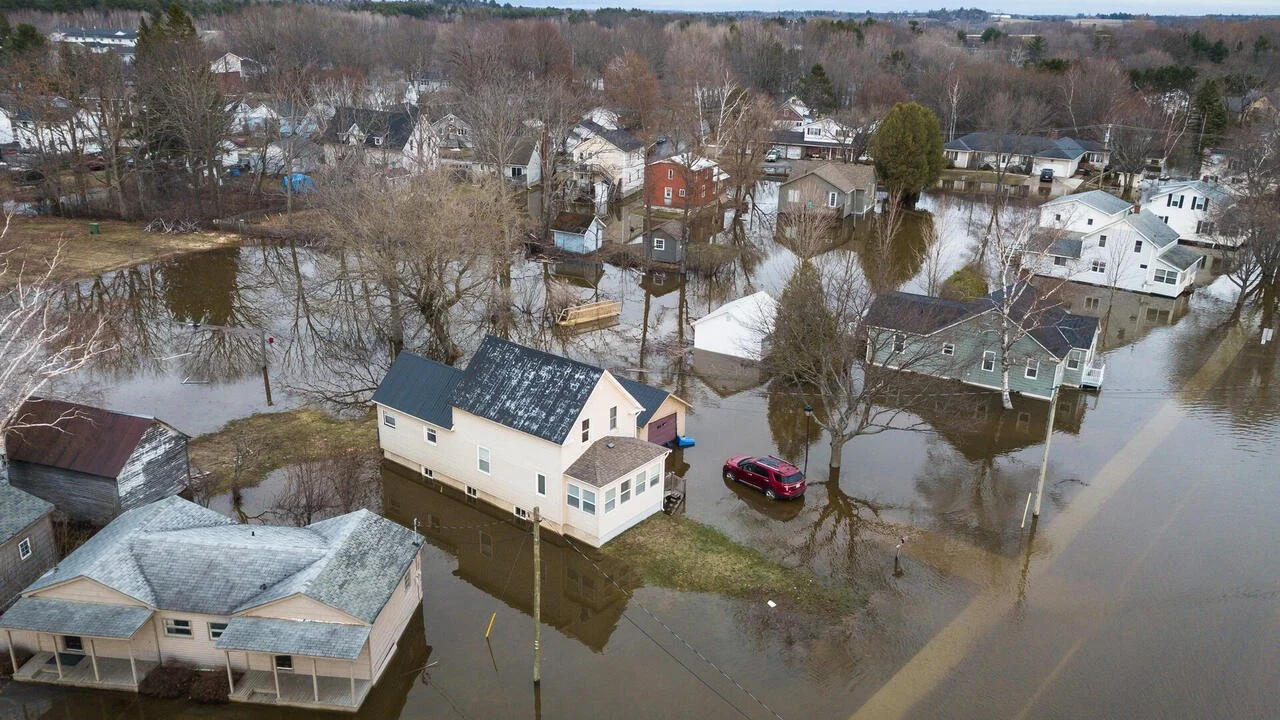The need to limit flood risk in Canada is urgent, with approximately 1.5 million homes, representing 10 per cent of the Canadian residential housing market, in high-risk zones where they are ineligible for flood insurance. A new CSA Group report, authored by the University of Waterloo Intact Centre on Climate Adaptation, provides practical guidance for federal, provincial, local, and Indigenous governments to tackle river flooding.
Conservationists optimistic over David Eby's commitments to protect B.C.'s biodiversity
This week, Eby named his first cabinet as premier, with former energy and mines minister Bruce Ralston taking on forestry and Nathan Cullen replacing Josie Osborne as the minister for water, land and resource stewardship. The new ministry was put in place in February. The tone of the letters appears to usher in the type of science-based, holistic approach to conservation and biodiversity in the province that people like Wu have been asking for from the B.C. government. "We have seen the impacts of short-term thinking on the British Columbia land base — exhausted forests, poisoned water, and contaminated sites," wrote Eby is his mandate letter to Cullen.
Knowledge Basket shares database of Indigenous information to care for lands and water
The Conservation through Reconciliation Partnership has officially launched a new initiative titled the Knowledge Basket. It will provide resources to communities and officials involved with Indigenous Protected and Conserved Areas (IPCAs). These are lands and waters where Indigenous governments have the primary role in protecting and conserving ecosystems. “Indigenous governments are at the forefront of protecting the largest, healthiest and most biodiverse areas across Canada,” said Steven Nitah, a core member of the Indigenous Circle of experts who helped develop the Knowledge Basket database.




